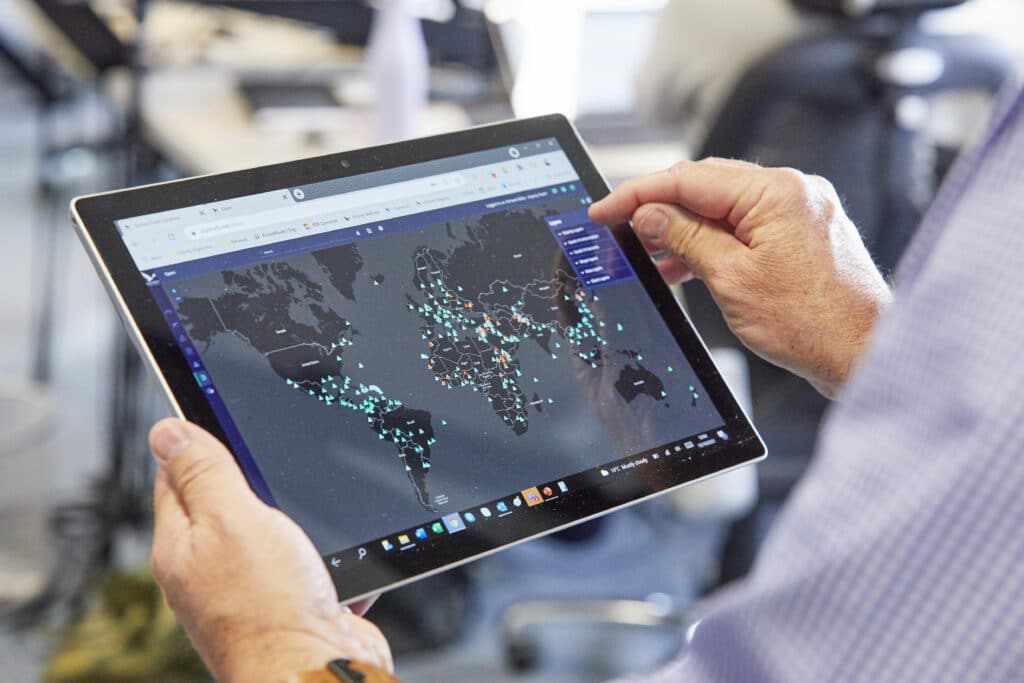When it comes to managing risks effectively, having access to accurate and timely information is paramount: That's where a robust risk intelligence solution comes into play.
Choosing the right risk intelligence solution supplier is a crucial decision that can significantly impact the safety and security of your operations. This guide poses 10 critical questions to ask of your potential risk intelligence supplier to ensure you source a solution that suits your operations.
How comprehensive is the risk intelligence coverage?
Begin by understanding the breadth and depth of the risk intelligence coverage provided by the supplier's solution. Inquire about the range of risks they monitor, such as geopolitical, security, or environmental risks. Query what reports are they able to deliver, ensure that their coverage aligns with your organisation's specific needs.
What sources and methodologies are employed to gather risk intelligence?
The reliability and accuracy of risk intelligence rely on the sources and methodologies used by the supplier. Ask them to explain their data collection process and the types of sources they utilise, including open-source intelligence (OSINT), proprietary data, and partnerships. Understanding their methodologies will help assess the quality of their intelligence and whether this will be suitable for your operations.
How does their solution analyse and validate the collected risk intelligence?
Inquire about the supplier's analytical capabilities and validation process for risk intelligence. For example, do they utilise expert analysts to validate and assess their data. Additionally, assess their methods for filtering and verifying information to ensure the accuracy and relevance of the intelligence they provide.
Can the supplier demonstrate the timeliness of their risk intelligence?
Real-time information is crucial for effective risk management. Ask the supplier to provide examples or case studies where their risk intelligence has been instrumental in identifying, forecasting, or responding to emerging risks in a timely manner. This will help you gauge the speed at which they deliver critical intelligence to your operations.
Does the solution offer customisable risk intelligence alerts and notifications?
Tailored alerts and notifications enable you to deliver proactive risk management. Inquire about the supplier's ability to customise alerts based on your organisation's specific needs and risk thresholds. Understanding their alerting capabilities will help you assess the solution's relevance to your risk management strategy and workflows.

How does the software integrate with your existing risk management systems or platforms?
Compatibility and integration are vital considerations when implementing a risk intelligence solution. Ask the supplier about their solution's integration capabilities with your existing risk management systems or flight planning software. This will help ensure a seamless flow of intelligence across your organisation's operations. Additionally, enquire about their industry partners and whether they are associated with key industry bodies.
What level of expertise and support do they provide to interpret risk intelligence?
Effectively interpreting risk intelligence requires expertise and experience. Consider the supplier's support structure, including whether their solutions have access to analysts and subject matter experts who can assist in analysing and contextualising the risk intelligence provided by their solution.
What measures do they take to stay up-to-date with emerging risks and adapt their solution accordingly?
The landscape of risks is constantly evolving, and it's crucial for a risk intelligence solution to stay ahead of emerging threats. Ask the supplier about their approach to monitoring and analysing emerging risks and how they update their solution to address new challenges proactively. Consider whether the solution is able to deliver forecast notifications or thematic updates to support your operational efficiency.
How does the risk intelligence solution leverage advanced technologies, such as artificial intelligence or machine learning, to enhance risk assessment and prediction?
Questioning how you risk intelligence service is utilising leading technologies is vital in understanding whether they will be able to support your operations in a dynamic and evolving risk landscape. Additionally, inquire about the supplier's utilisation of AI or ML algorithms to improve risk analysis and prediction accuracy, and how these technologies are integrated into their solution.
How does your risk intelligence solution address the unique challenges and requirements of your industry?
Inquire about their understanding of the specific risks and considerations relevant to your operations and how their solution is tailored to address those challenges and support your workflow. Request information on the specific features or functionalities of their solution that enable organizations to take proactive measures based on the risk intelligence provided. Inquire about any predictive analytics or scenario modelling capabilities that assist in making informed decisions to mitigate risks.
Selecting the right risk intelligence solution supplier is a critical step in enhancing your operation's ability to identify and mitigate risks effectively and quickly by reducing time to action. Choosing the right risk intelligence solution supplier should support you in safeguarding your organisation's assets, reputation, and personnel. These questions aim to delve deeper into the supplier's capabilities to help you make an informed decision when selecting a risk intelligence solution for your organisation.
If you would like to find out more about how Osprey’s approach to delivering robust predictive intelligence can integrate with your operations, schedule a chat with our team.








